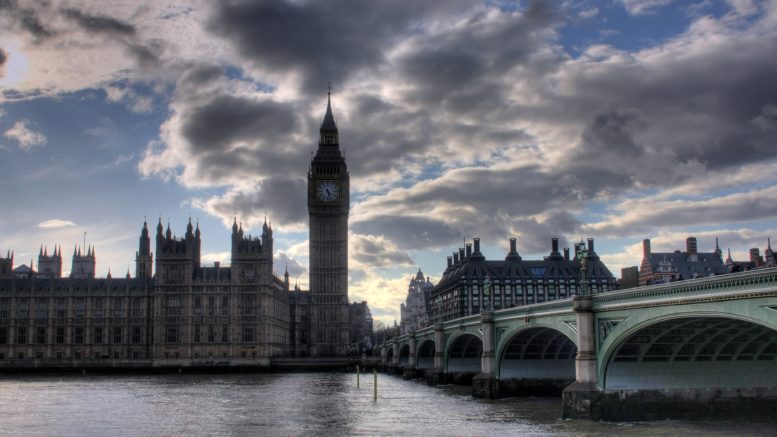Furore has continued over the Government’s last minute and unheralded change of heart over tenant evictions.
A ban on evictions had been due to end with reopening of the courts on 24 August. But with just three days to go, and without any previous notice, the Government announced extension of the ban for another four weeks. Not only that, the notice period required was extended to six months – until March 2021.
Reaction from the private rented sector was immediate and negative – and it has not gone away.
The National Landlord Knowledges Association was quick to react.
‘An enormous amount of work has gone into finding a balance between supporting tenants who have been affected by the pandemic and preventing significant financial harm to landlords, in accordance with the Government’s promise’, said NRLA chief executive Ben Beadle. ‘This announcement satisfies no one.
‘Landlords have been left powerless in exercising their legal right to deal with significant arrears unrelated to Covid-19, anti-social behaviour and extremely disruptive tenants who make life miserable for their neighbours and housemates.
‘Private landlords cannot be expected to foot the bill for government failure. There must now be a plan to support households to pay their bills and to compensate landlords fully for their lost income. Only this will give both tenants and landlords security and reduce the risk of widespread tenancy failure’.
To add insult to injury, when announcing extension of its evictions ban, the Government quoted the NRLA’s own survey findings that 87 per cent of tenants have continued to pay full rent since the start of the pandemic, with a further 8 per cent agreeing reduced fees with their landlords.
And it agreed: ‘The vast majority of landlords have shown understanding and leadership, taking action to support tenants’.
This contrasted strongly with those who called for an extension of the ban, who quoted substantially different figures for the number of tenants ‘at risk’.
Letting agents say they are ‘furious’ over the Government’s evictions ban U-turn, especially those who had put effort into preparing for 24 August deadline.
Landlord Action’s Paul Shamplina said his company had been working with landlords whose tenants had ‘racked up thousands of pounds worth of arrears’. Extending the ban without notice and without clear information on the effect of the delay, meant work had been wasted preparing on re-activation and other notices and had left landlords wanting or needing to sell their properties in great difficulty.
The company’s website details some of the uncertainties left unexplained. It was said that very serious cases involving anti-social behaviour and domestic violence could go ahead from September, but further details are awaited.Meanwhile, ‘we are unclear if the reactivation notice process will still be in place for 20 September’.
‘Many English and Welsh landlords now face extraordinary issues, so it is only right that the Government offers struggling landlords financial help in one form or another until the economy recovers’, says Shamplina. ‘If the Government doesn’t step in to help landlords with some form of financial help – rather than just banning evictions – they I may see some landlords turning to illegal evictions to get back their properties’, he suggested.
Meanwhile Citizens Advice, which called for the ban on evictions to be extended, has welcomed the move.
‘We’re really pleased the Government has stepped in to keep its promise that no renter will lose their home because of the coronavirus pandemic – for now at least’, said chief executive Dame Gillian Guy.
‘During this extended pause on new eviction proceedings, we hope the Government will work with Citizens Advice and others to put in place a series of protections which will help those who’ve built up rent arrears get back on their feet. We’d like to see funding for a dedicated set of protections, including measures such as grants for those in arrears due to coronavirus’.








